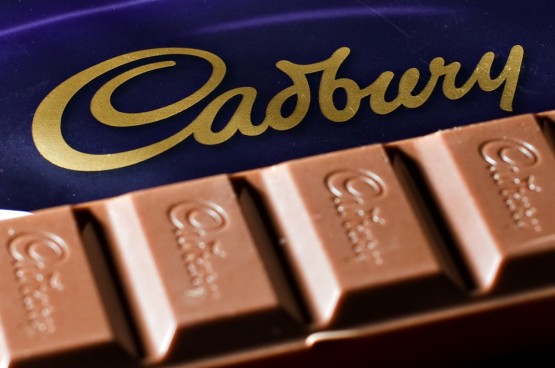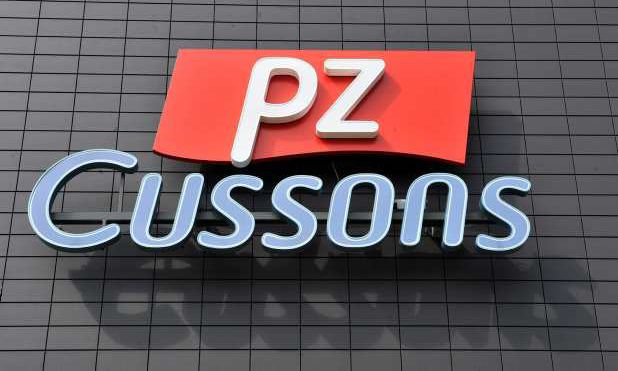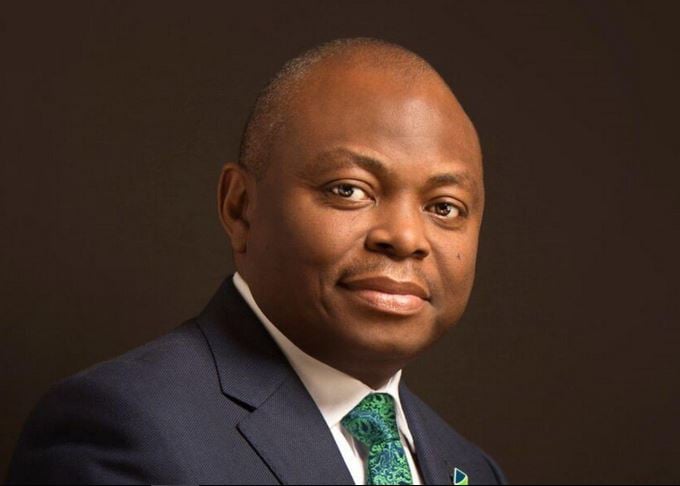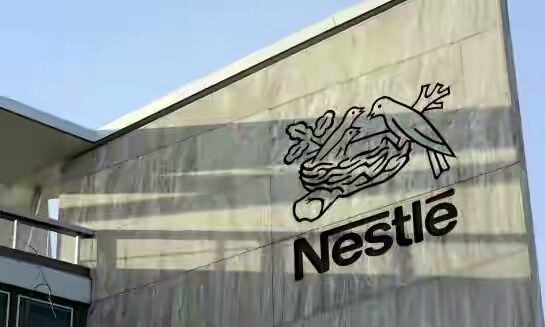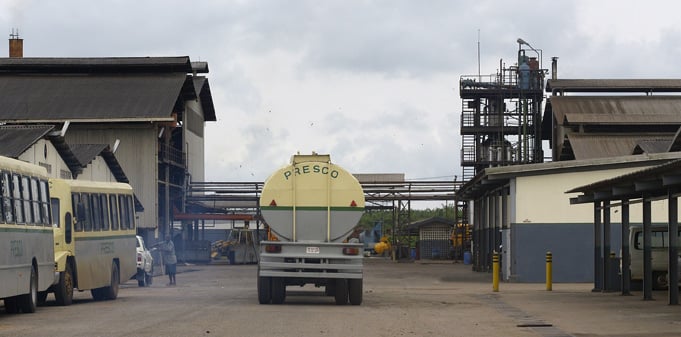Cadbury Nigeria’s six years of sustained profitable operations since it returned to profit in 2010 was broken last year. The beverage and confectionaries manufacturing company has kissed a loss again. Improved final quarter earnings performance reduced the company’s net loss from N842 million at the end of the third quarter to N296 million at full year. This is a sustained fall in the bottom line for the third year running, as the company began to lose operating momentum after its peak earnings record in 2013.
During the years of losses, the company’s challenges then were huge interest payments on bank borrowings, which shareholders addressed by injecting new money to pay off the debts. This time, the company faces the problem of declining sales volume. Sales revenue has remained well below the 2013 peak and rising costs have continued to choke off margins. That has put cash flow under intense pressure and the company, for the first time since 2009, has returned to the bank borrowing windows once again.
Cadbury is a consumer facing company with beverages as its main product line, accounting for 60% of turnover. In spite of significant price increases, the company reported an increase of only 7.7% in sales revenue to less than N30 billion in 2016 from a drop of 9% in the preceding year. This is only slightly ahead of about N29 projected for the company for the year.
The moderate increase in sales revenue indicates a sustaining decline in sales volume. Sales revenue closed well below the 2013 peak of about N35.8 billion and remains in the region of the company’s turnover as far back as 2010. Shareholders need to inject product selling stimulants into the company this time around, as symptoms are persisting after the company’s key product re-launch last year.
Advertisement
Against the 7.7% increase in sales revenue, cost of sales grew nearly three times as fast at 22.4% to N23.12 billion. That eroded gross profit margin and caused a drop of over 23% in gross profit – which amounted to N6.86 billion. Cost of sales claimed more than 77% of sales revenue in 2016, rising from below 68% in 2015.
Gross profit was insufficient to cover selling/distribution expenses and administrative cost, resulting in an operating loss of N733 million for the company. A modest finance income of N188 million was reduced by the appearance of finance expenses for the first time in many years.
The result was a drop of about 136% from a pre-tax profit of N1.58 billion in 2015 to a loss of N563 million at the end of 2016. A tax credit of N266 million lowered the net loss figure to N296 million. Cadbury’s best year was 2013 when net profit rose by over 74% to a peak of N6.02 billion.
Advertisement
The company resorted to bank borrowing last year with a moderate bank overdraft facility of N151 million at the end of the year. It came under intense cash flow pressure in the course of the year following a drastic shift from a net cash generation from operating activities to a net cash utilisation. Compared to a net cash of N3.78 billion generated from operating activities in 2015, the company recorded a net cash utilisation of N1.85 billion in 2016.
Despite major reductions in net cash used for investing and financing activities, Cadbury Nigeria closed the 2016 operations with a net cash decrease of N2.55 billion against a net cash increase of N1.72 billion in the prior year. That has slashed the company’s robust opening cash balance of N5.41 billion for the year by nearly one-half.
The company lost 16 kobo per share in 2016 compared to earnings per share of 61 kobo in 2015. Cadbury is on dividend holiday for the third year running since the payment of a cash dividend of N1.30 per share in 2014 for its 2013 operations.
Advertisement
Add a comment

